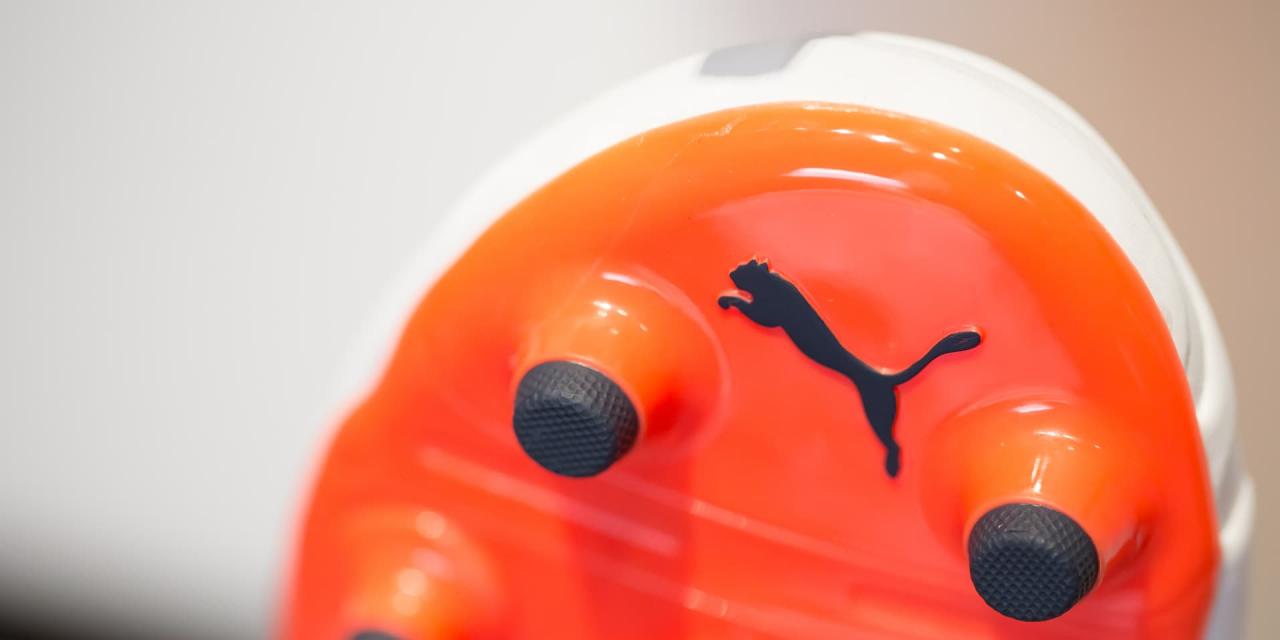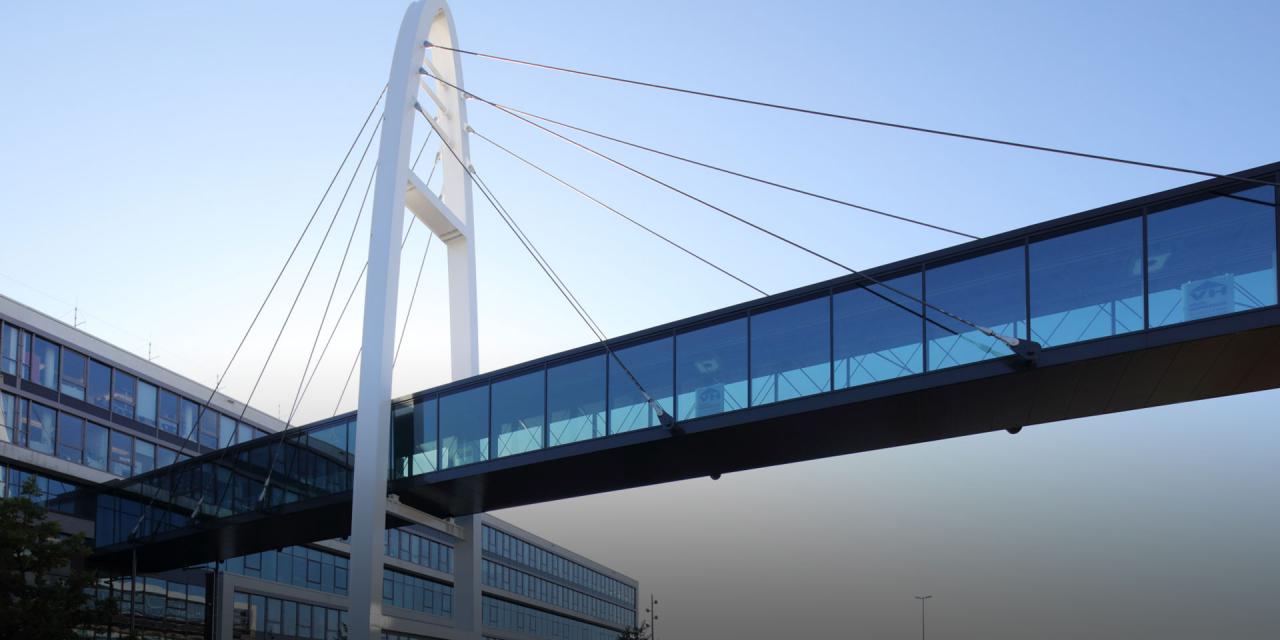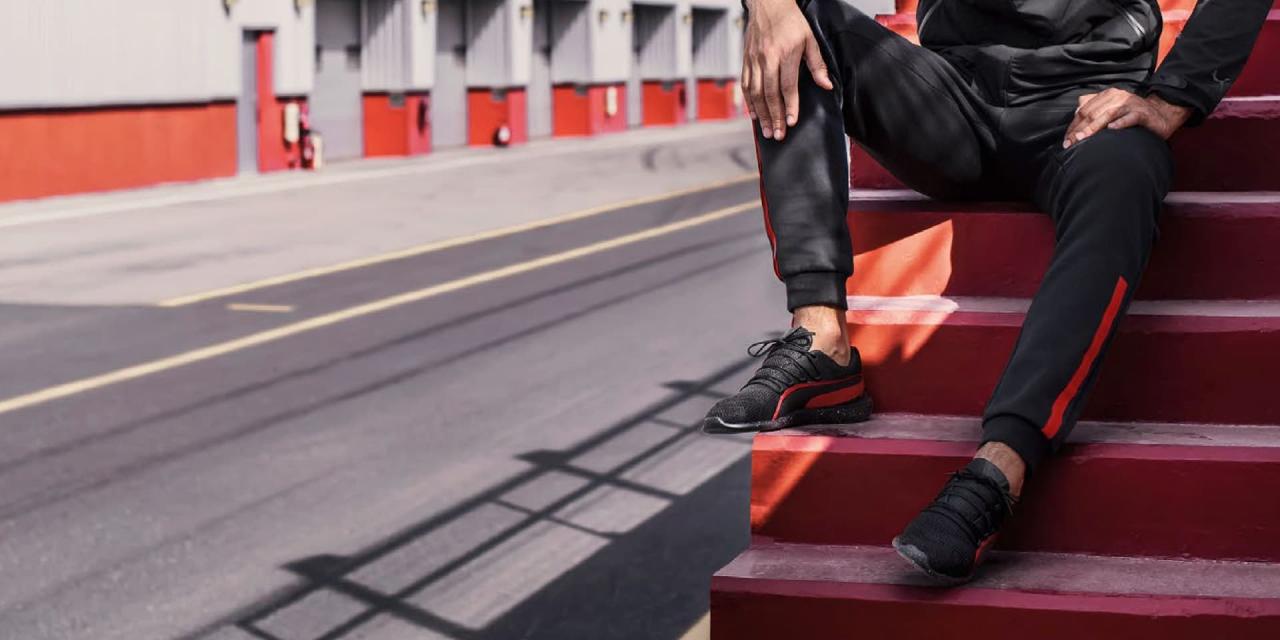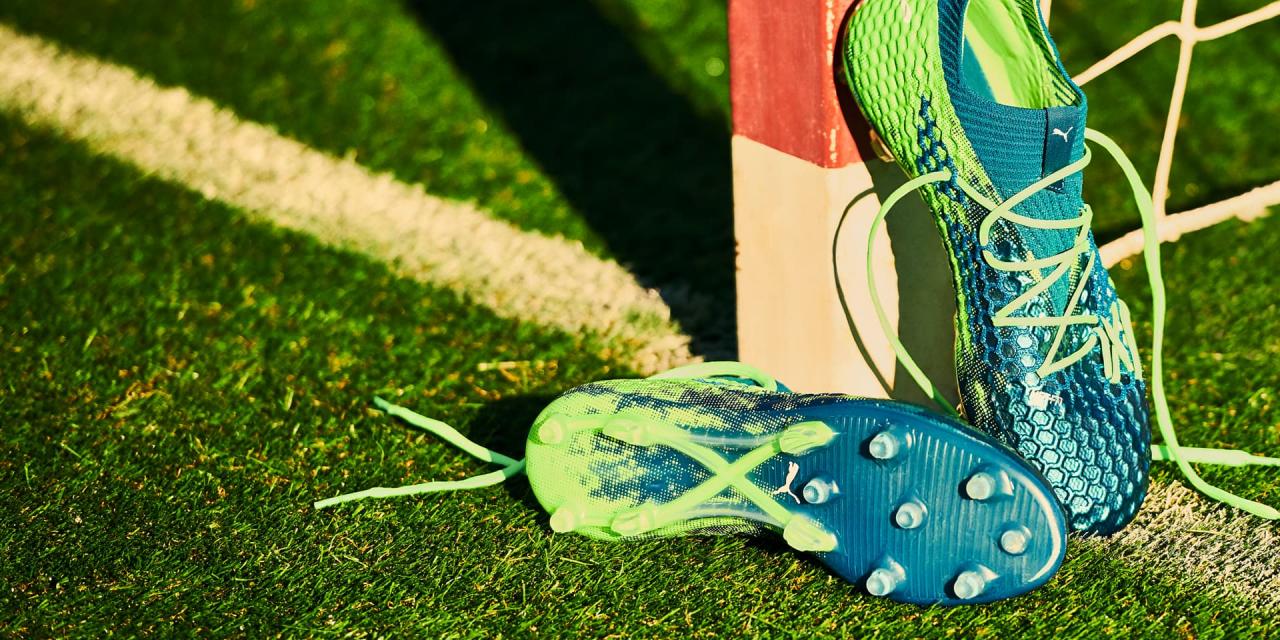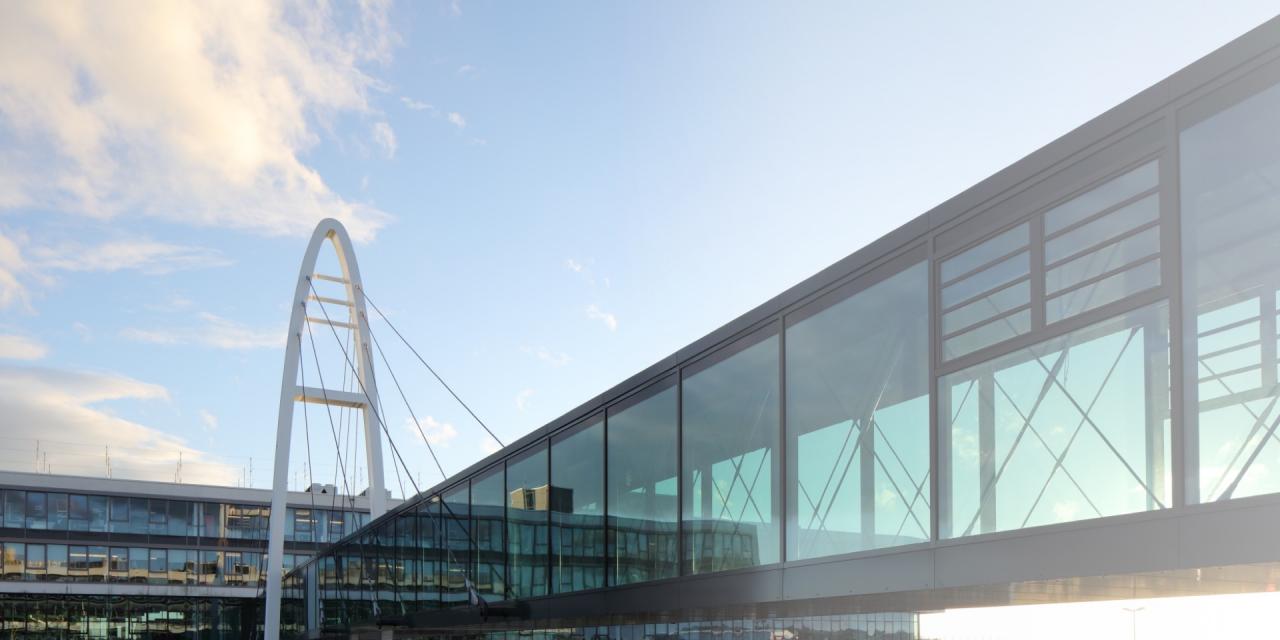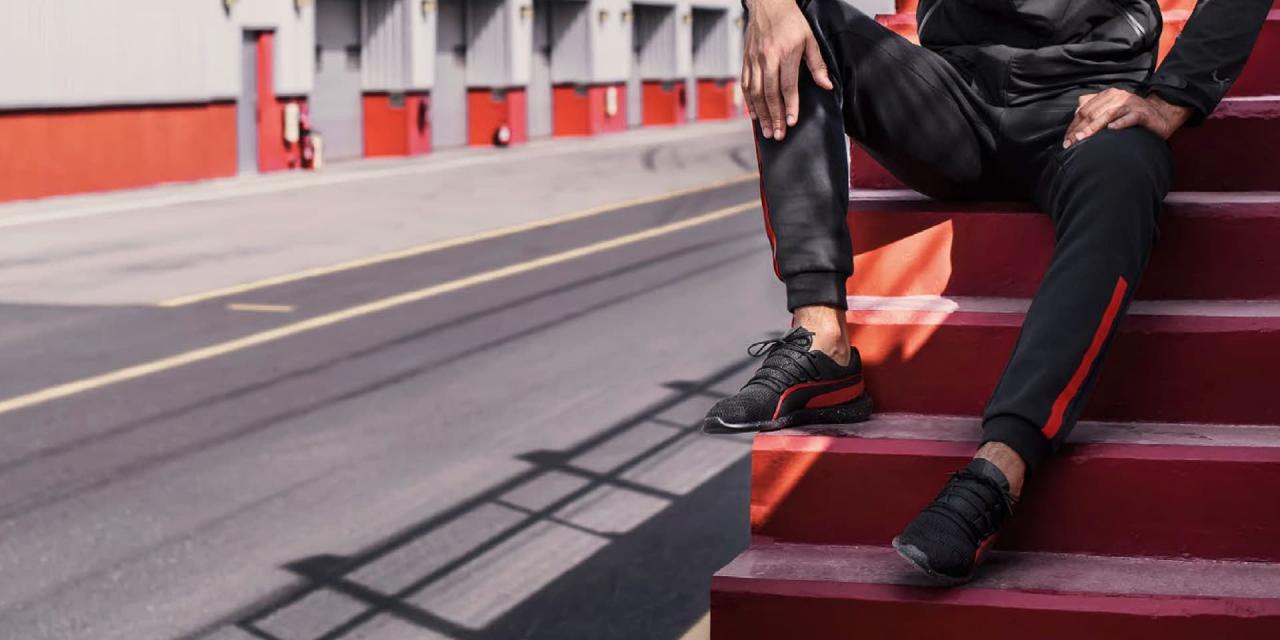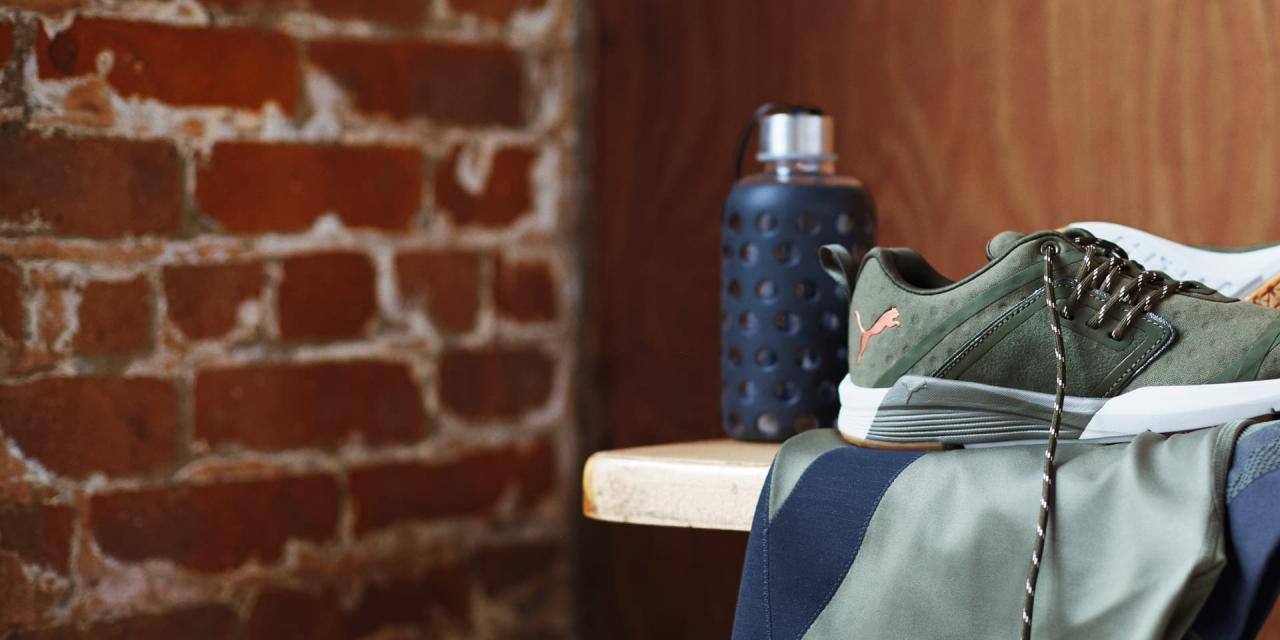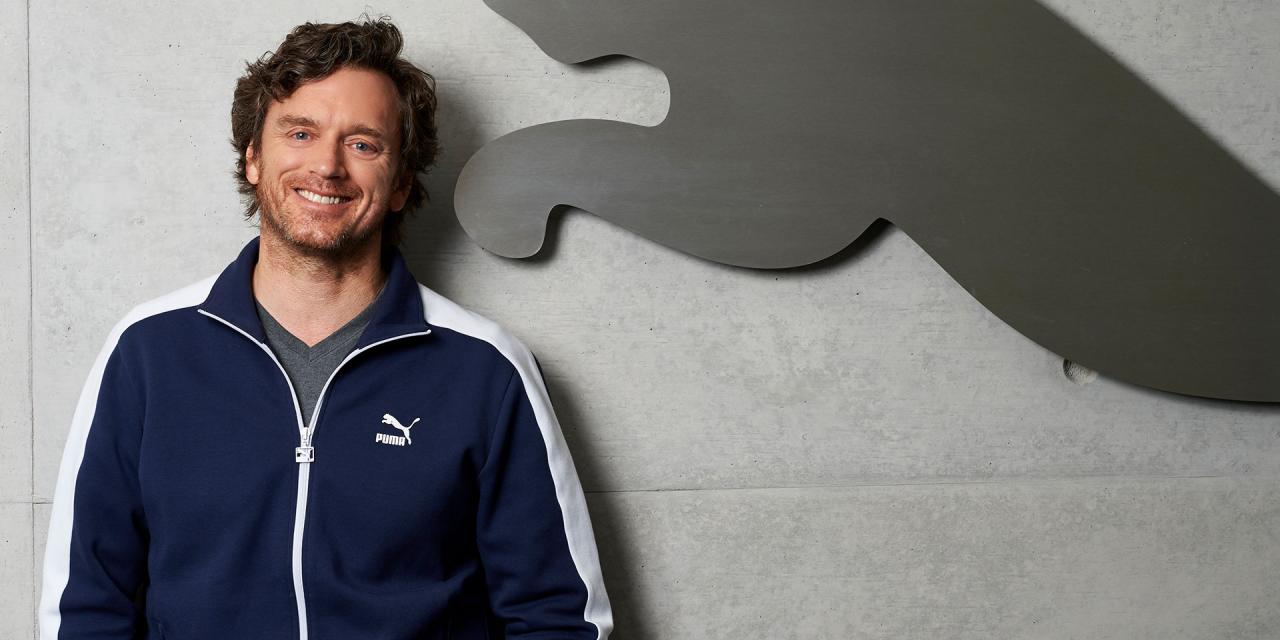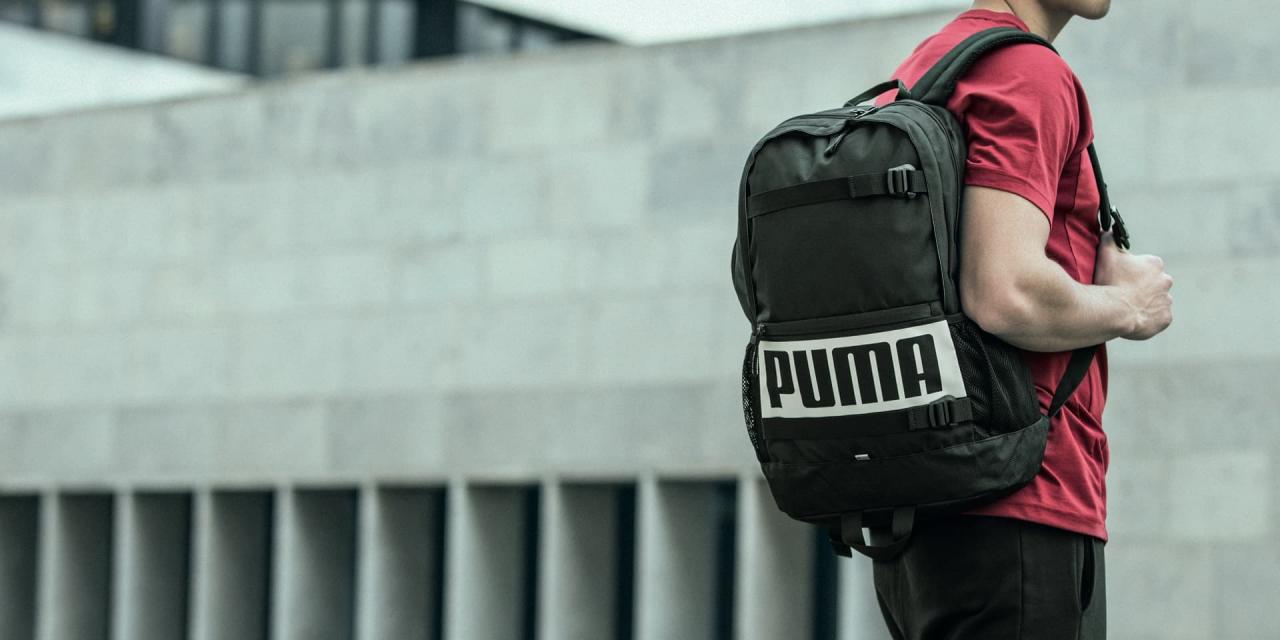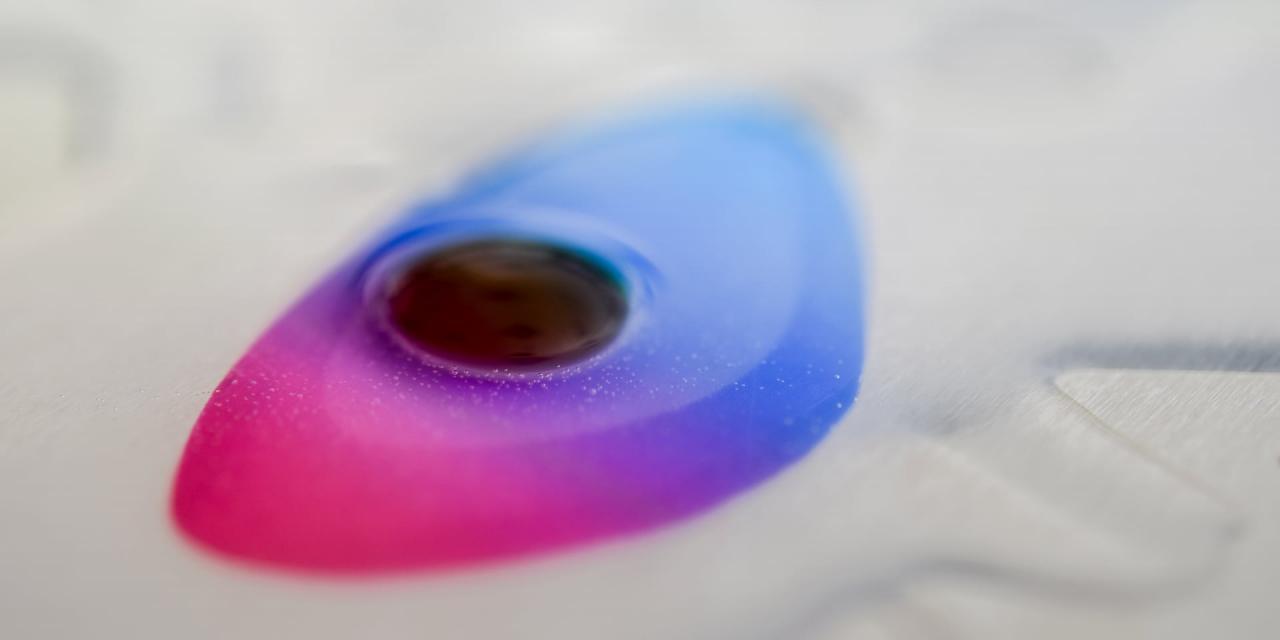The Sportlifestyle company PUMA expands its project in cooperation with The Global Reporting Initiative (GRI) and the Gesellschaft für Technische Zusammenarbeit (GTZ) in GRI’s GANTSCh program which supports supplier factories to report on their social and environmental initiatives and agreed with 20 key suppliers in South East Asia and other major sourcing regions to issue their own sustainability reports from 2011 on. Through this project, PUMA endeavours to enhance transparency as well as social and working conditions in its supply chain by advising factory management regarding weak points in their operations and enabling them to make improvements independently.
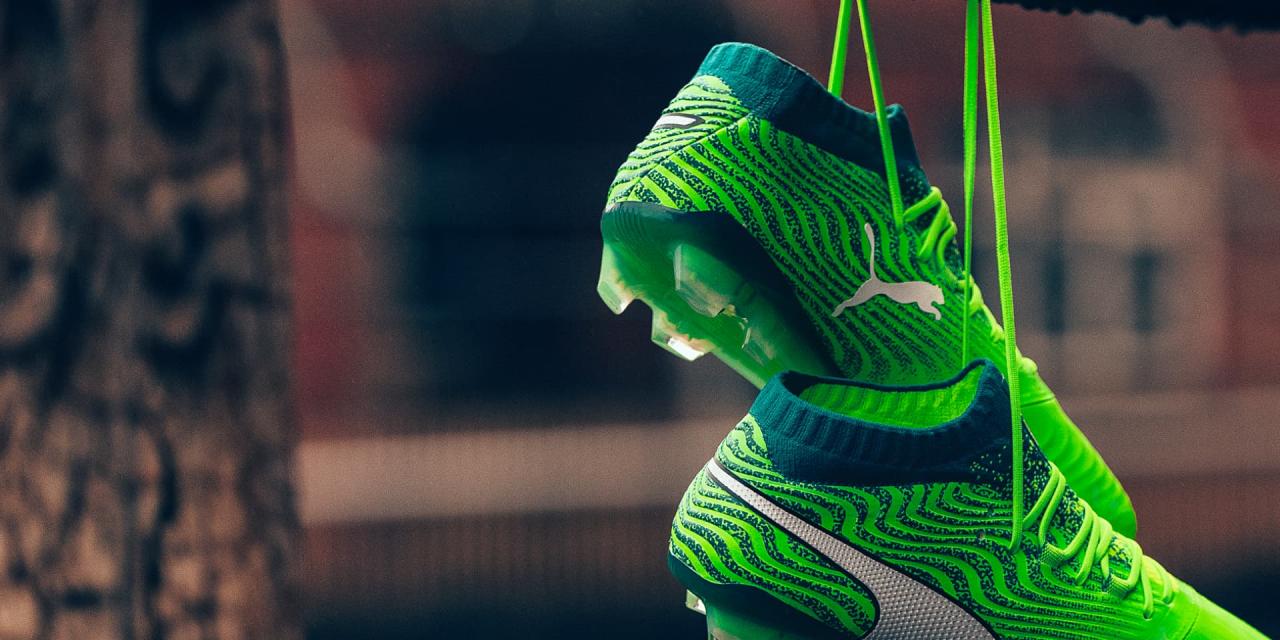
Twenty strategic PUMA suppliers based in China, Vietnam, Cambodia and other countries – which produce together more than two thirds of all PUMA products consumed – will receive GRI certified training on transparent measurement and reporting on their sustainability performance using the GRI G3 Guidelines – the world’s most widely-used framework for sustainability reporting. The training within the Global Action Network for Transparency in the Supply Chain program (GANTSCh) will be conducted by GRI Certified Training Partners. During the reporting process, scheduled to start in 2010, the suppliers will be supported by regional sustainability consultants and the first sustainability reports are expected to be released in 2011/2012.
“Supply chain sustainability reporting is a key part of PUMA’s overall sustainability strategy,” said Dr. Reiner Hengstmann, Global Director of puma.safe supply chain. “Without sustainable suppliers, we will not be able to produce sustainable products or credibly report about PUMA’s own sustainability initiatives. The GANTSCh project helps to ensure that our suppliers fully embrace the concept of sustainability and introduce respective programs in their companies.”
PUMA originally joined the GRI-GTZ pilot project “Transparency in the Supply Chain” which was launched in 2006 in which three PUMA suppliers in South Africa were trained and consulted on issuing sustainability reports. According to the participants, the project helped them to understand sustainability concepts through direct training from experts in the field, to learn how to measure sustainability performance by using key performance indicators, to become more transparent and learn how to report on energy consumption, waste production, work accidents and many other issues. They expanded their understanding of customers’ needs regarding sustainability issues and improved their competitive advantage and reputation.
“Some companies show consequent commitment in building a sustainable future. Puma is one of these companies,“ said Dr. Nelmara Arbex, Learning Services Director, GRI. “PUMA is not only committed to measure and manage their own impacts but they also understand that these practices have to be implemented around its business. GRI is very pleased that PUMA, which has participated in the GRI/GTZ project from the beginning, has decided to extend the GRI reporting practice to all its strategic suppliers.“ One of the participants in the pilot project, Impahla Clothing, a PUMA apparel manufacturer in Cape Town, received the ACCA Award (Association of Chartered Certified Accountants) for its maiden sustainability reports. Impahla also became the first carbon neutral garment supplier on the African continent in 2009, after the factory management was introduced to the benefits of sustainability through the project. Only recently, Impahla issued its third sustainability report. https://safe.puma.com/us/en/
The second phase of the project is currently in progress under the GANTSCh program with ten suppliers in six countries (Bangladesh, China, India, Pakistan, Portugal and Turkey) participating. Including Impahla, three suppliers already released their new sustainability reports while the remaining factories will publish their reports later in the Football World Cup year 2010.
PUMA’s mission is to become the most desirable and sustainable sportlifestyle company and it has implemented a long-term sustainability program throughout all its operations. Increasing sustainability in its supply chain through sustainability reporting is therefore an important element in PUMA’s overall sustainability strategy.
Proactively responding to accusations of low labour standards in its supplier factories by non-governmental organizations in the past, PUMA endeavours to increase transparency in its supply chain. Especially in countries such as China, India or Bangladesh, where working and living conditions differ from standards in developed countries, transparent social and working conditions play an important role in PUMA’s sustainability approach. PUMA continues to improve working and social standards through factory audits and capacity building projects over time and PUMA aims to work with the best suppliers in these countries. Sustainability reporting of the suppliers provides the opportunity to reveal what has already been achieved and where more work is necessary.
GRI’s engagement with PUMA commenced in 2006 with the generous support of the Gesellschaft für Technische Zusammenarbeit (GTZ) in the joint GRI-GTZ Transparency in the Supply Chain Pilot Project. GTZ is a federally owned, international cooperation enterprise for sustainable development with worldwide operations which supports the German Government in achieving its development policy objectives.
“Sound reporting is an important catalyst for change towards more sustainable business practices.” said Jörg Hartmann, Executive Director, Centre for Co-operation with the Private Sector/ PPP, GTZ. “I am very pleased that the pioneering „Transparency in the Supply Chain“ project set up by the GRI and the German Government four years ago is now established as a Global Action Network. I am convinced that many SMEs in emerging markets can benefit from the GANTSCh program“.
For further information on PUMA’s sustainability program, please refer to the latest PUMAVision Sustainability Report 2007/ 2008: https://ir2.flife.de/data/puma_csr/igb_html/index.php?bericht_id=1000001
For further information on GRI’s GANTSCh program, please refer to: www.globalreporting.org/CurrentPriorities/SupplyChain/GlobalActionNetwork/GAN.htm
